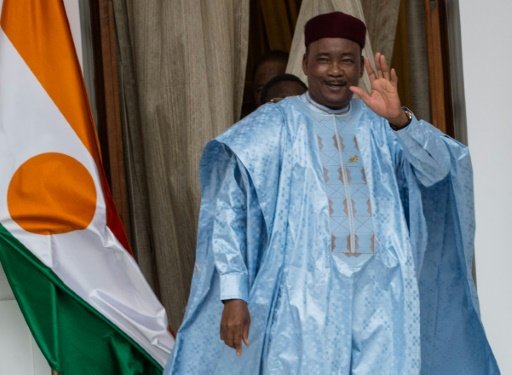The African Development Bank has just approved, this January 10, a donation of 43 million dollars to the benefit of Niger, a country whose economy is weakened by the sharp fall of uranium its main export product, the drought and the security challenges that prevail in the Sahel.
This budget support should be used to support the first phase of the Reform and Economic Resilience Support Program (PARRE), a multi-year program (2017-2019) aimed at “strengthening the resilience of the country to food and nutrition insecurity”. through better water management and increased agropastoral productivity, “says the AfDB in a statement.
“The program also aims to improve domestic revenue mobilization, greater empowerment of women, job creation for youth and environmental protection,” the document added.
Explaining the institution’s approach, Janvier Litse, the regional director for West Africa, emphasized that the AfDB, which wants to be a “strategic partner” of Niger, has decided to support the government’s efforts in a context difficult “to accelerate results in priority sectors such as agriculture, electricity infrastructure, institutional capacity and governance”.
Expected results
In the long run, according to the AfDB, the program should lead to a significant improvement in the national tax burden, from 13,6% of Gross Domestic Product (GDP) in 2016 to 14,4% of GDP in 2019.
Also, the rate of non-tender public contracts should fall from 51% in 2016 to 15% in 2019.
Added to this is “the objective of improving agropastoral productivity, a major challenge for a country facing high birth rates and recurring cycles of drought and famine”.
Niger is going through an unfavorable economic situation. 700 jobs related to uranium mining were eliminated earlier this year due to falling prices. But, as proof of its resilience, the country’s economy is expected to record 5,2% 2017 growth, according to World Bank estimates.
It must be remembered that in mid-December last, Niger managed to successfully obtain 23 billions of dollars from various donors to finance its development plan (PDES 2017-2021) on a sought-after goal of 17 billion.



